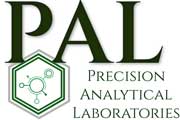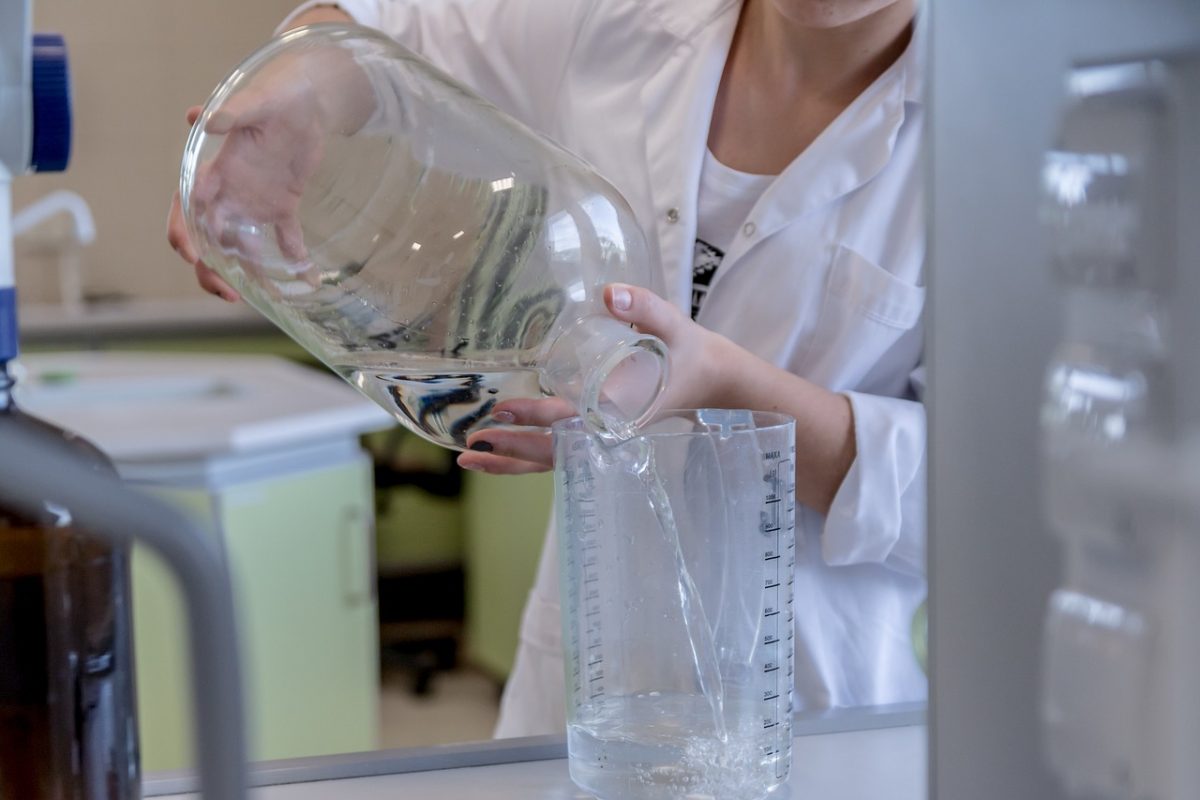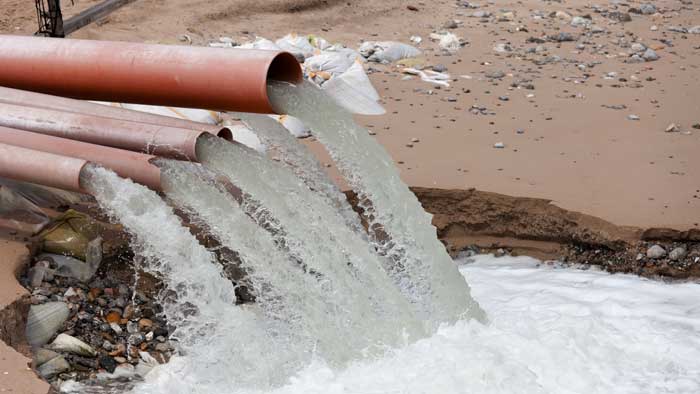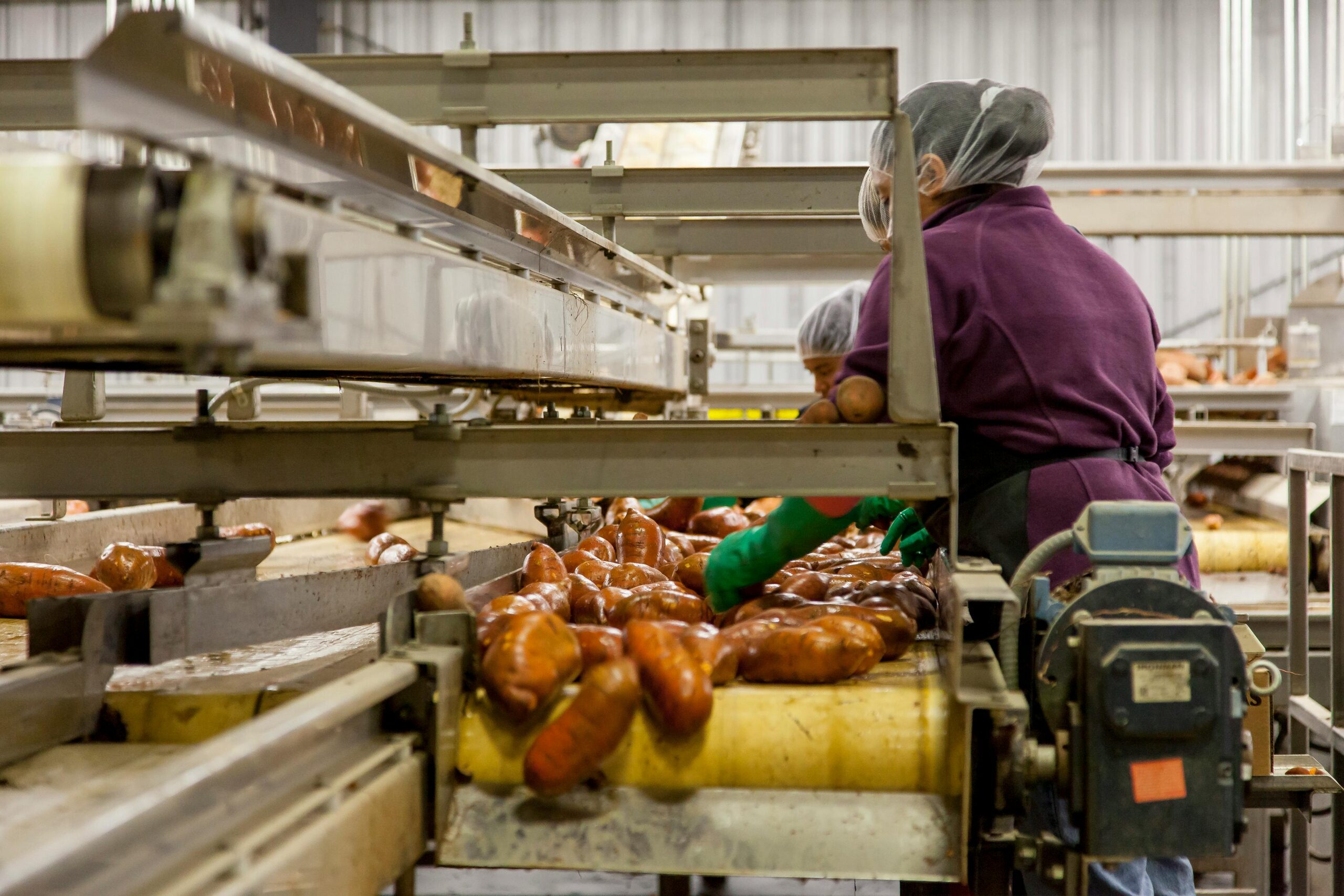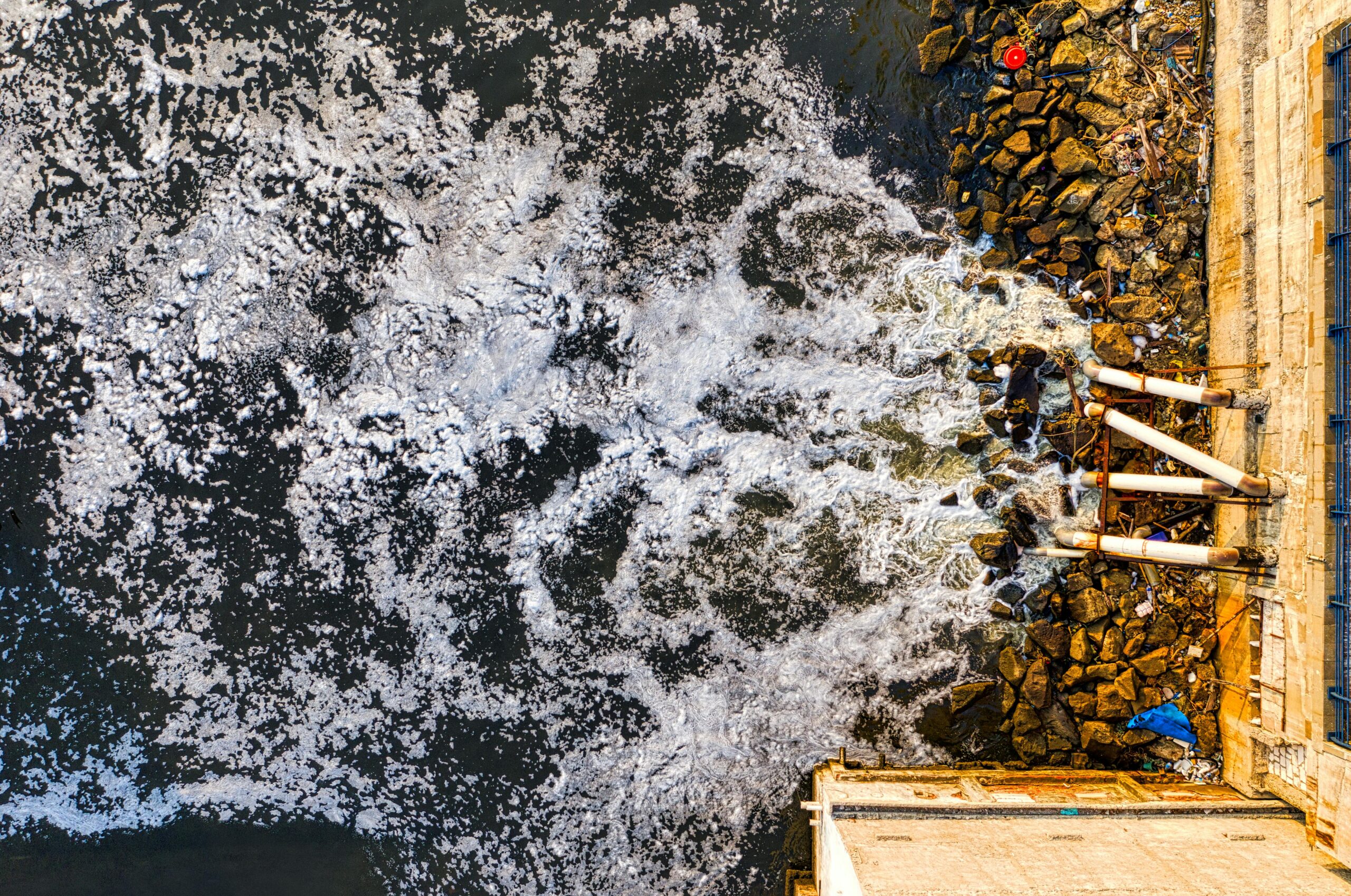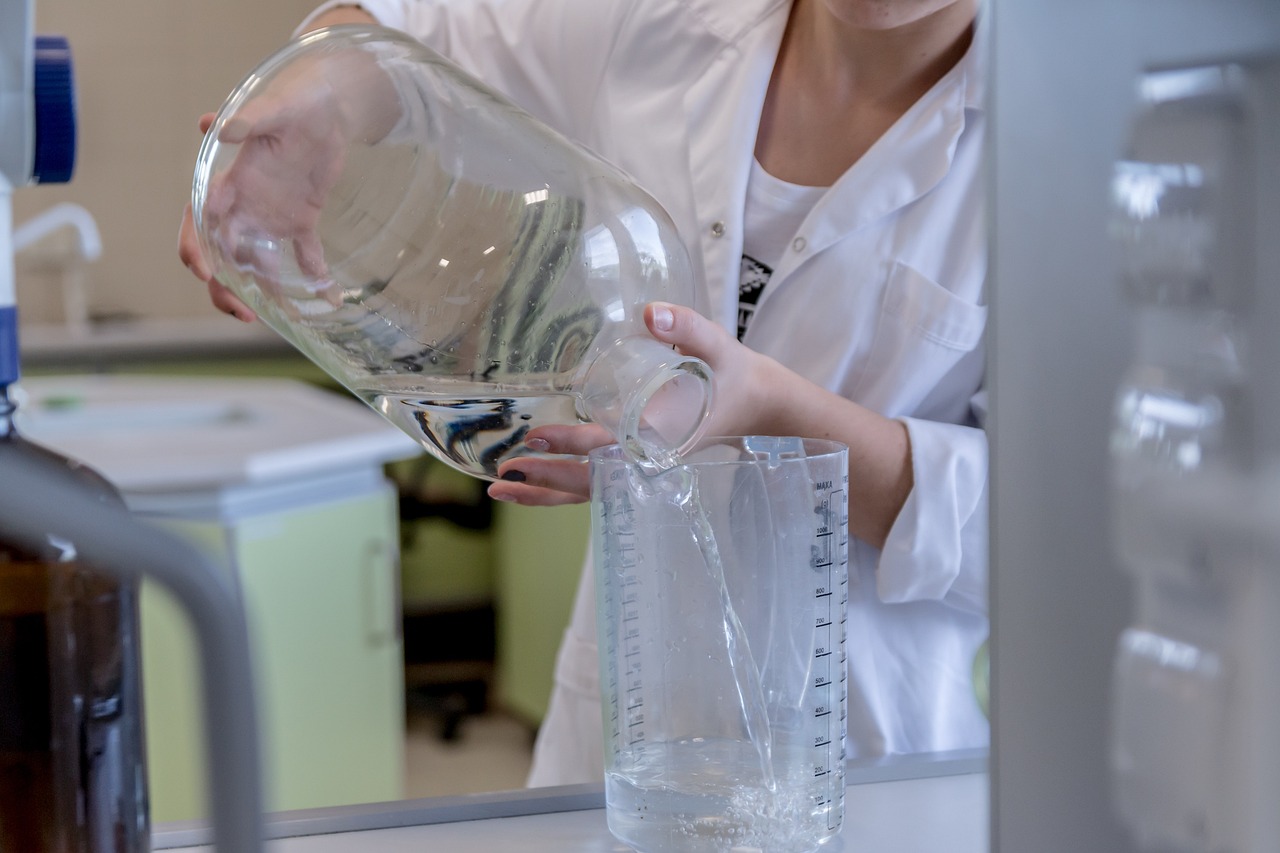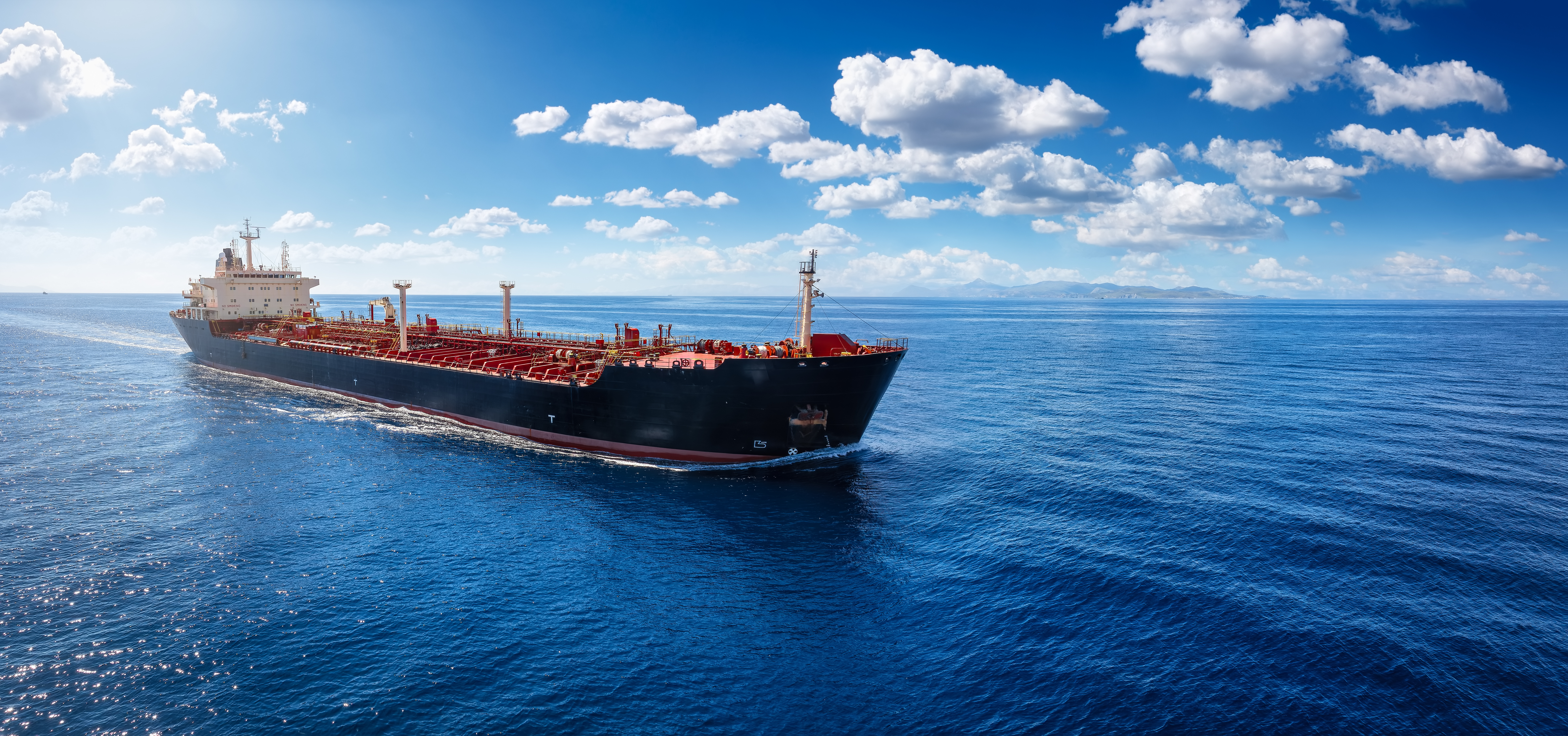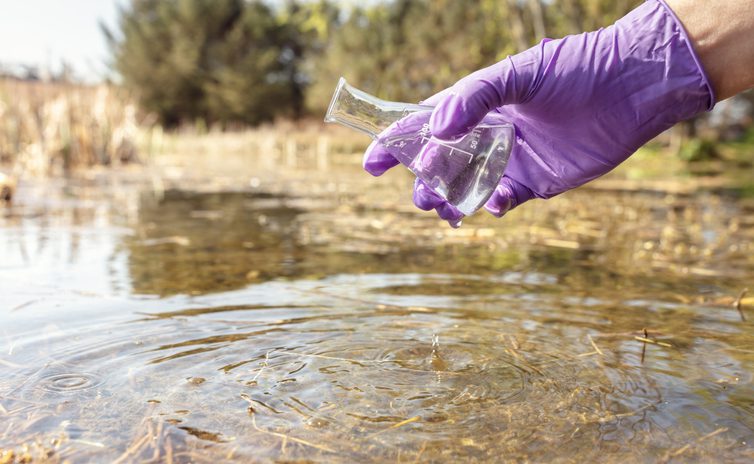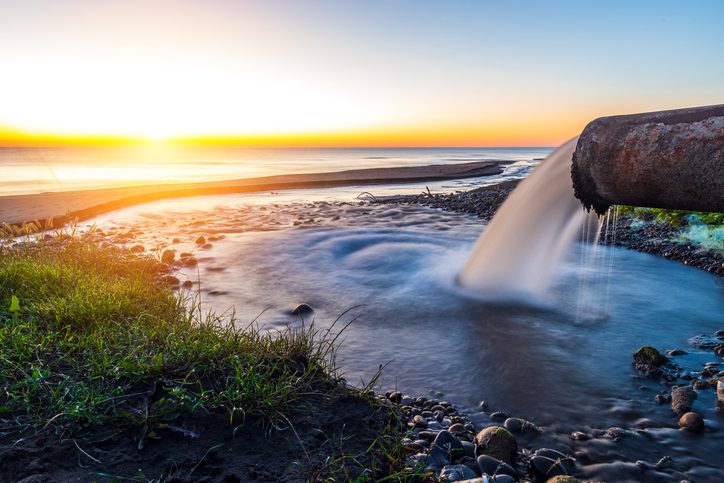For businesses operating in Washington State, proper wastewater analysis and environmental compliance aren’t optional—they’re mandatory. From small manufacturers to large industrial facilities, understanding the compliance requirements surrounding wastewater discharge is essential for protecting the environment and avoiding costly fines. Washington’s environmental landscape is shaped by rigorous state and federal regulations aimed at safeguarding water quality, and businesses must stay proactive in monitoring and managing their wastewater output.
This comprehensive guide covers the essential aspects of wastewater analysis, the regulations Washington businesses must comply with, and the best practices for staying in line with environmental standards.
What Is Wastewater Analysis?
Wastewater analysis refers to the systematic testing and evaluation of wastewater—used water from homes, businesses, and industries—to determine the presence and concentration of pollutants. This process ensures that discharged water complies with environmental standards before being released into the environment or municipal sewer systems.
For businesses, especially those generating industrial or commercial waste, wastewater analysis is a critical component of environmental compliance. It involves sampling and testing for various contaminants, including:
- Suspended solids
- Heavy metals (e.g., lead, mercury, cadmium)
- pH levels
- Biological Oxygen Demand (BOD)
- Chemical Oxygen Demand (COD)
- Nutrients (e.g., nitrogen and phosphorus)
- Pathogens
Why Wastewater Compliance Matters in Washington
Washington State is known for its rich natural water resources—rivers, lakes, and coastal areas that are vital to ecosystems, recreation, and public health. To preserve these, the Washington Department of Ecology (Ecology) enforces strict environmental laws and oversees wastewater discharge regulations.
Businesses that generate wastewater must ensure their discharges meet both federal Clean Water Act (CWA) requirements and state-specific rules. Noncompliance can lead to penalties, legal action, reputational damage, and in some cases, operational shutdowns.
Key Regulations Governing Wastewater in Washington
1. National Pollutant Discharge Elimination System (NPDES) Permit
The NPDES permit program, administered by the U.S. Environmental Protection Agency (EPA) and delegated to Washington’s Department of Ecology, regulates point sources that discharge pollutants into U.S. waters.
Businesses discharging directly into surface water must obtain an NPDES permit, which outlines limits on pollutants, monitoring requirements, and reporting standards.
2. State Waste Discharge Permit (WDP)
If your business discharges wastewater to a municipal sewer system or land, you may need a State Waste Discharge Permit instead of an NPDES permit. This applies to various commercial and industrial operations, including food processors, metal finishers, and laundries.
3. Industrial Stormwater General Permit (ISGP)
Washington’s climate leads to significant rainfall, making stormwater management crucial. Businesses with outdoor industrial activities must often comply with the Industrial Stormwater General Permit, which includes sampling runoff for pollutants and implementing best management practices (BMPs).
4. Pretreatment Requirements
Facilities that discharge into municipal sewage systems may be required to pretreat their wastewater before release. This ensures harmful pollutants don’t damage public treatment plants or violate municipal discharge limits.
Steps to Ensure Wastewater Compliance in Washington
1. Conduct a Wastewater Characterization Study
Before applying for any permit, it’s essential to understand your facility’s wastewater profile. A wastewater characterization study analyzes your discharge for flow rate, pollutant levels, and variability over time. This data helps determine which permit and treatment options apply to your operation.
2. Obtain the Appropriate Permit(s)
Depending on where and how your facility discharges wastewater, apply for:
- NPDES permit (for discharges to surface waters)
- State WDP (for discharges to municipal systems or land)
- Industrial Stormwater Permit (for stormwater runoff)
Permits typically require detailed information, including pollutant concentrations, treatment systems, and sampling plans.
3. Implement a Wastewater Monitoring Program
Ongoing wastewater sampling and testing is often a requirement of your permit. This involves:
- Grab and composite sampling at designated discharge points
- Laboratory analysis using EPA-approved methods
- Regular reporting to the Department of Ecology
Work with certified laboratories to ensure accurate and defensible data.
4. Maintain Onsite Records and Reporting
Washington businesses must maintain detailed records of:
- Sampling dates and results
- Calibration logs for sampling equipment
- Chain of custody for lab samples
- Spill response procedures
- Corrective actions taken
Monthly or quarterly Discharge Monitoring Reports (DMRs) must be submitted, depending on your permit type.
5. Train Your Employees
Employee awareness and training are crucial. Staff involved in handling hazardous materials, operating treatment systems, or conducting sampling should be trained in:
- Spill prevention and containment
- Sampling techniques
- BMPs for stormwater control
- Regulatory requirements
Common Compliance Challenges
1. Lack of Regular Testing
Skipping routine wastewater analysis or submitting late reports is a common violation. Set reminders and schedule testing in advance to remain compliant.
2. Improper Sampling Techniques
Inaccurate sampling can result in false readings and compliance issues. Ensure your team is trained or hire third-party professionals for consistent sampling.
3. Failing to Update Permits
Changes in your operations—like increased production, new equipment, or chemical usage—may alter your wastewater profile. You’re required to notify Ecology and possibly update your permit accordingly.
4. Stormwater Runoff Issues
Many violations stem from unmanaged stormwater. Improperly stored materials, uncleaned loading docks, or damaged containment areas can lead to polluted runoff.
Tips for Staying Compliant
- Work with an environmental consultant to navigate permit applications and compliance strategies.
- Automate recordkeeping using digital logs and monitoring systems.
- Schedule periodic audits to catch potential issues early.
- Keep open communication with the Washington Department of Ecology to stay ahead of changes in regulations.
- Invest in modern treatment technologies to improve the quality of your effluent.
For Washington businesses, staying compliant with wastewater regulations is not just about following the law—it’s about being a responsible environmental steward. Proper wastewater analysis, adherence to permit conditions, and proactive environmental management not only protect the state’s waterways but also build trust with regulators and the public.
By investing in thorough testing, employee training, and best management practices, businesses can reduce their environmental footprint and avoid the risks associated with non-compliance. With Washington’s focus on sustainability and water protection, staying ahead of the curve is more important than ever.
Precision Analytical Labs is a leading provider of comprehensive environmental testing services, specializing in wastewater testing, soil analysis, and air quality monitoring. With state-of-the-art facilities and a team of experienced professionals, we deliver accurate and reliable results to help businesses and industries comply with regulatory standards and protect the environment. Our commitment to quality and customer satisfaction sets us apart, making us the trusted partner for all environmental testing needs.
